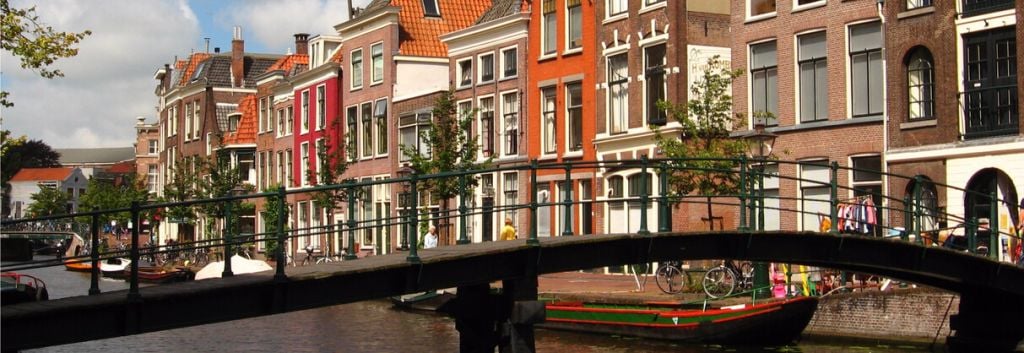Newsletter Signup - Under Article / In Page
"*" indicates required fields
Known for its charming canals and tulip fields, Leiden is a major tourist attraction in the Netherlands. It is also home to the oldest Dutch university and harbours the leading biotech cluster in the country. Let’s have a look at the top 10 biotechs in Leiden!
Not only is Leiden the birthplace of the famous painter Rembrandt, but it also gave rise to the first science park in the Netherlands. Established in the 1980’s, the Leiden bioscience park has a strong medical profile, fueled by the University Medical Center Leiden (UMCL) and Leiden University.
The city is one of the top locations for biomedical research in Europe and the park boasts big pharma names such as Astellas Pharma and Janssen Biotech (formerly known as Centocor), which was bought by J&J in a €6B deal for its key asset Remicade (infliximab). The Belgian-Dutch biotech Galapagos, although headquartered in Belgium, also has additional locations in Leiden.
Besides big biotechs, the Leiden bioscience park contains the largest number of life science start-ups in the Netherlands. Some of the success-stories include Crucell, now part of Janssen, specializing in vaccine development as well as Prosensa, which went on to be sold to BioMarin for €800M ($840M) in early 2015. However, its lead drug, an experimental Duchenne muscular dystrophy treatment, recently flopped and failed FDA approval.
Here is a list of some of the most interesting biotechs in Leiden.
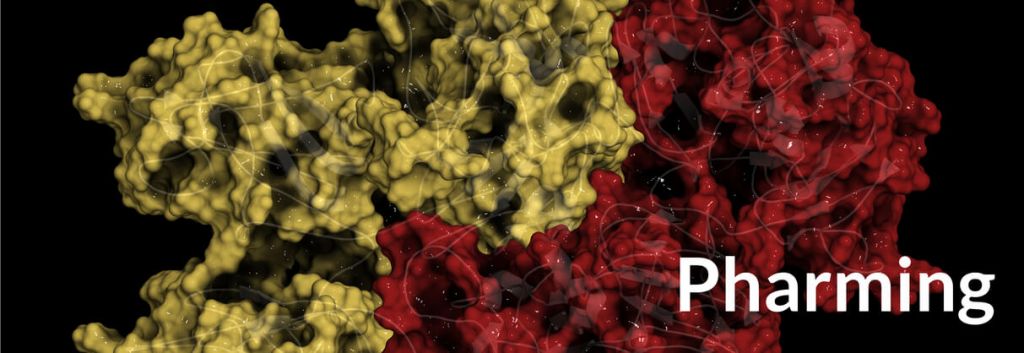
Pharming is one of the oldest public biotech companies in Europe with a low market cap of roughly €150M. The company develops recombinant proteins, based on its transgenic animal production platform. Its lead drug is a recombinant human C1 esterase inhibitor (Ruconest) approved for the treatment of hereditary angioedema.
Pharming recently reacquired all commercial rights for Ruconest from Valeant in its key market North America for €120M, which is expected to have a substantial impact on profits and share prices of the company. Additionally, Pharming is currently developing a production platform for the recombinant human Factor VIII for treatment of Haemophilia A.
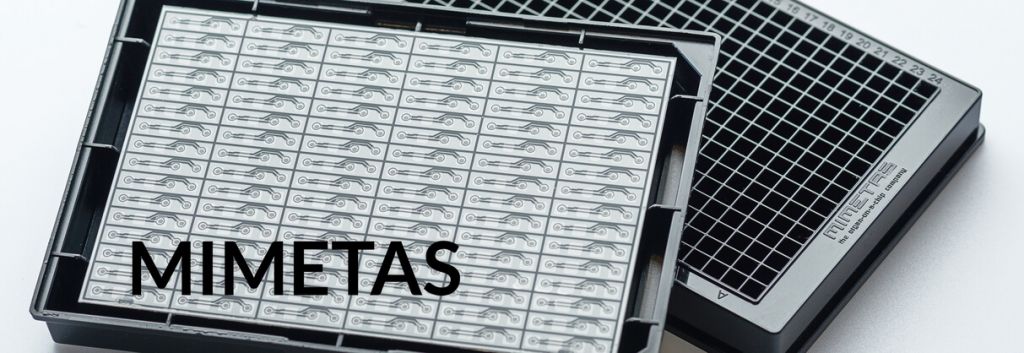
MIMETAS is developing Organs-on-a-Chip, which are microfluidic tissue models that mimic basic organ-to-organ coupling. Their OrganoPlate allows for high-throughput toxicology testing and drug screening in various functional tissue and organ contexts.
The company raked in a €4M ($5.2M) from Venture capital investors Zeeuws Investerings Fonds (ZIF) and Participatiemaatschapij Oost Nederland (PPM Oost) in 2014 for global expansion of its platform and more recently raised a €1.5M ($1.6M) industry funding for the development of an organ-on-a-chip model for neurotoxicity with the ultimate aim of reducing animal experiments.
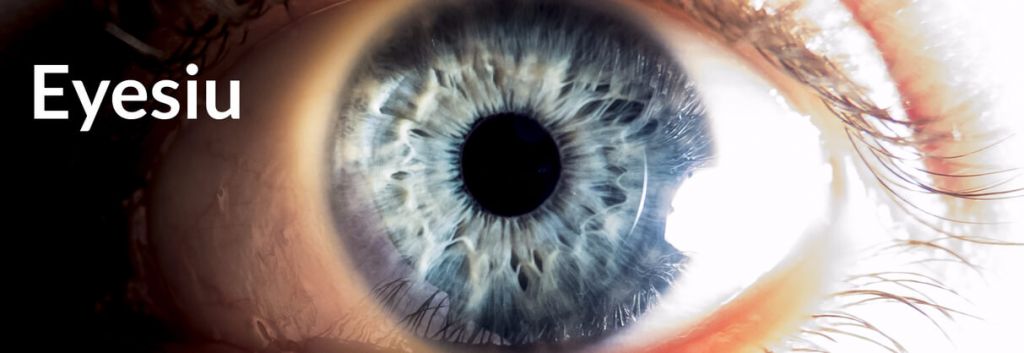
Eyesiu was founded just recently in 2014, and its products are based on an advanced delivery technology and production processes for known anti-inflammatory eye care drugs. Its pipeline currently includes artificial tears for people with dry eyes, which they are currently combining with existing anti-inflammatory compounds on the ophthalmology market to enhance delivery, side effects and dosing requirements of such drugs.
The products are being developed for the treatment of eye inflammation post-surgery, vernal keratoconjunctivitis and blepharitis.

Founded in 2005 as a spin-off from the VU medical centre in Amsterdam, DCPrime is a cancer-immunotherapy company that develops therapeutic vaccines based on its DCOne platform. The platform consists of immortalized Dendritic Cell (DC) precursor cells, which upon stimulation can mature into fully functional DCs able to induce specific T-cell and antibody responses against tumour cells.
DCPrime’s most advanced product DCP-001 for the treatment of Acute Myeloid Leukemia (AML) has received orphan drug designation by the EMA and is currently moving into a multi-centre Phase II study. Together with the VU medical centre, DCPrime recently received a €6M Horizon 2020 grant to further boost the development of DCP-001.
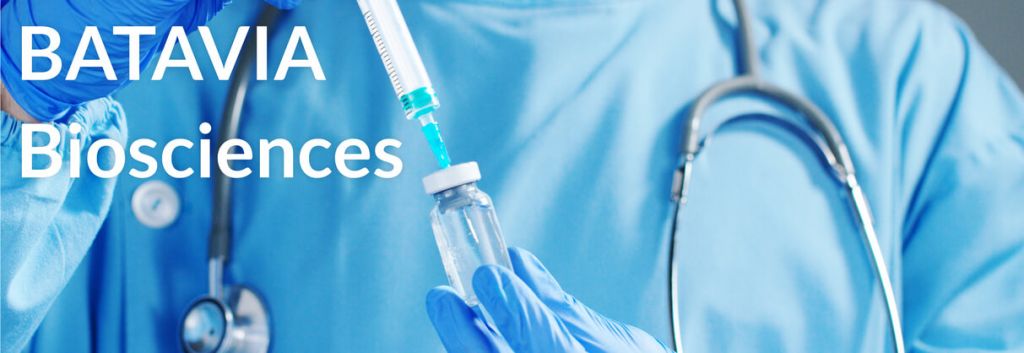
Batavia Biosciences aims to speed up the development and production of biopharmaceuticals. Its technologies consist of high throughput process development, protein expression technologies and viral vector technologies.
In 2016, the company hauled in several grants from the Gates Foundation totalling about €22M together with partners such as Proventus Bio for the development of advanced vaccine manufacturing platforms. Together with its partners, Batavia is tackling global health issues by providing low-cost manufacturing processes for vaccines that are suitable for developing countries.
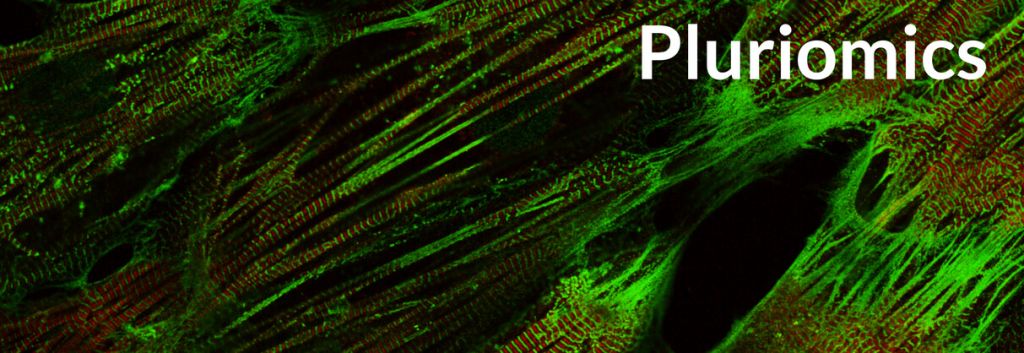
Ever seen beating heart cells in a culture dish? Pluriomics is a Dutch biotech developing functional, human iPSC-derived cardiomyocytes for safety pharmacology testing and cardiovascular drug efficacy screening. Their technologies actually allow producing monolayers of spontaneously beating cardiomyocytes.
Through the European Horizon 2020 program, the company recently received a €3.2M SME instrument grant to further improve its safety pharmacology assays and to advance novel cardiac disease models.

The clinical-stage Biotech company ISA Pharmaceuticals is evolving the field of cancer immunotherapy through the development of synthetic peptide vaccines to stimulate immune responses.
The primary focus of the company is the development of its ISA101 immunotherapeutic. The peptide is currently in phase I/II clinical development for the treatment of human papilloma virus (HPV) type 16 induced diseases including cervical cancer, ano-genital premalignant and malignant lesions, and head and neck cancer.
The Biotech scored a patent for their HPV-specific peptides in 2015 and recently started the clinical development of their AMPLIVANT technology, a TLR 1/2 ligand that enhances immunostimulatory capacities of their peptides.
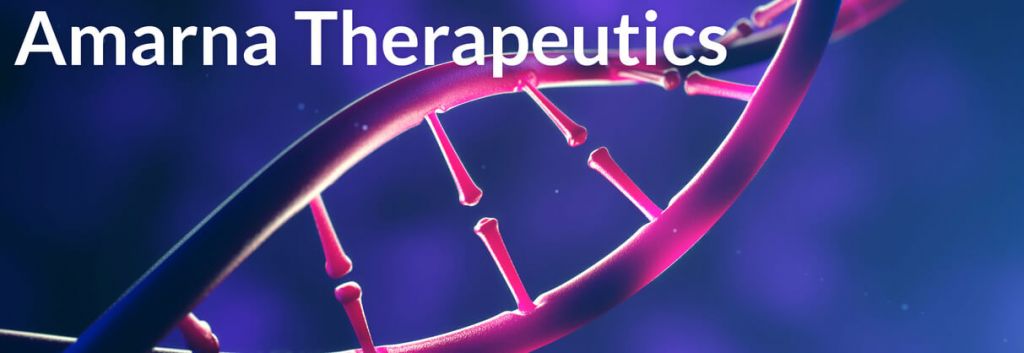
Amarna Therapeutics was founded in 2008 and aims to transform the field of gene therapy through its viral gene delivery vector platform. Their SVac platform is based on the SV40 virus and allows for the production of safe and non-immunogenic viral vectors for therapeutic applications.
The company teamed up with the Austrian Center for Biomarker Research in Medicine, CBmed, to develop enhanced CD-19 specific CAR T cell therapies and reversed vaccines with spirited aims to tackle diseases ranging from acute lymphoblastic leukaemia (ALL) to obesity, type 2 diabetes and atherosclerotic cardiovascular disease (ASCVD).
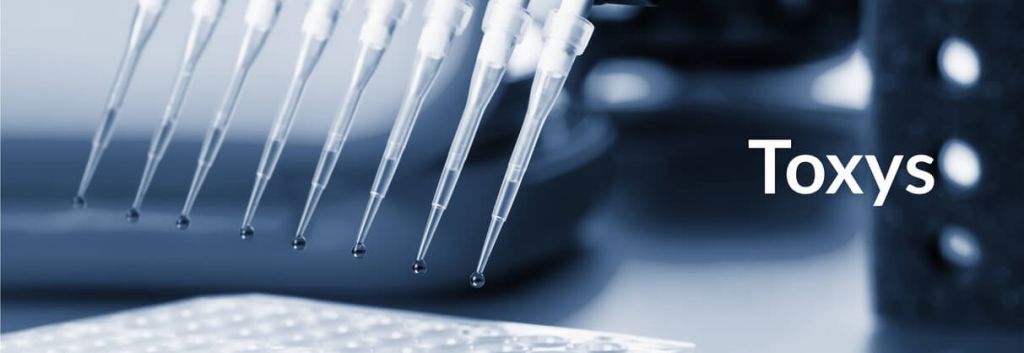
Toxys is a spin-off from LUMC that provides in vitro toxicity screening solutions to rapidly ditch preclinical compounds with hazardous and potential carcinogenic properties. The long and extensive drug development process is highly dependent on the early elimination such compounds.
Toxys wants to enhance this early drug development process using reporter cell systems. By detecting the activation of specific cellular signalling pathways, their assays allow evaluating DNA damage, oxidative stress, protein damage and general cellular stress.
The biotech was able to raise a “substantial amount” through a series A funding from Zeeuws Investment Fund (ZIF) and InnovationQuarter in early 2016. The exact amount was not disclosed.
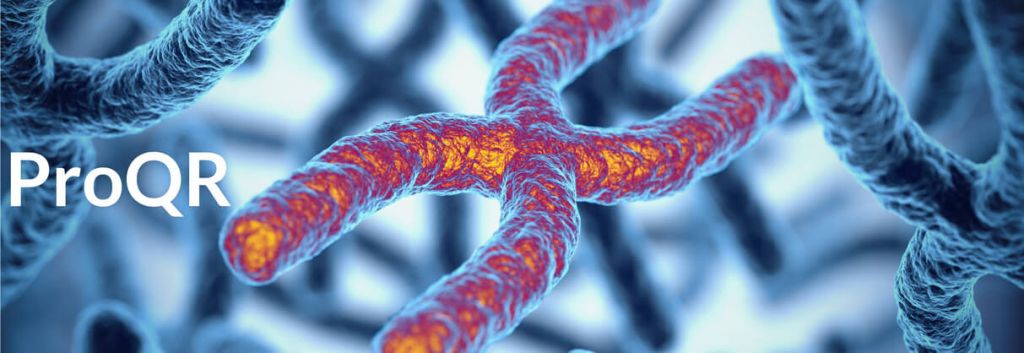
One of the newer players in the cystic fibrosis (CF) field is ProQR. Its technology is based on medicines that act on the RNA level to restore defective mRNA function caused by genetic mutations. QR-010, its lead compound, is an RNA-based oligonucleotide, which is able to repair the mRNA in CF patients carrying the DF508 mutation that affects more than 70% of all CF patients.
The orphan drug QR-010 received Fast Track designation from the FDA in July 2016 and the compound is currently in phase I trials. The company’s €70M ($75M) IPO in 2014 should be able to back QR-010’s Phase IIa trials and support the preclinical development of QR-110 – an early-stage treatment for the rare Leber’s congenital amaurosis, which leads to blindness.
With a large number of companies specializing in diverse areas, Leiden is definitely an exciting place for biotech. While we found a lot of companies delivering exciting new technologies to improve drug development, there are also some interesting immuno-oncology players. The worldwide renowned biotech cluster may not be the number one in the world, but it may be the place to be in the Netherlands.
Images via shutterstock.com / Semen Yesylevskyy / molekuul_be / science photo / Vic29 / Juan Gaertner / HQuality / Choksawatdikorn / Egorov Artem / oya979




